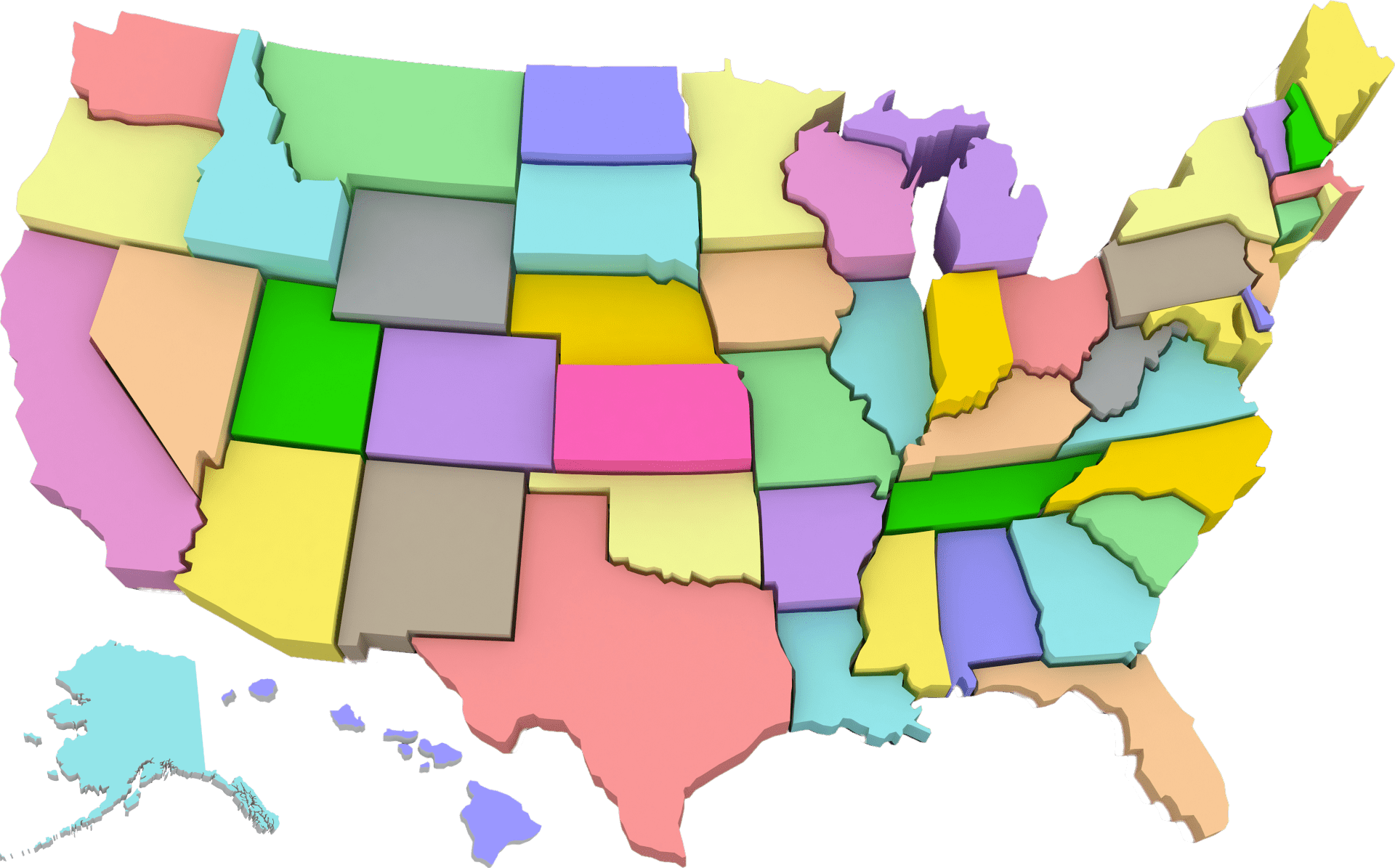
<img class="aligncenter wp-image-17646" src="/wp-content/uploads/2017/07/Missouri-state-hemp-seeds.png" alt="Missouri Hemp Seeds" width="255" height="255" />
<h2 style="text-align: center"><span style="font-size: 24pt">Missouri Hemp Seeds</span></h2>
<p style="text-align: center"><span style="font-size: 14pt">Buy Feminized Hemp Seeds For The State Of Missouri</span>
<strong><span style="font-size: 14pt">CBD Hemp Seeds For Growing In Missouri</span></strong></p>
<hr />
Grow Hemp in Missouri By Getting Licensed Under the State’s Industrial Hemp Program.
Missouri is yet to submit an official state plan to USDA. As a result, the state currently operates under an extension of the 2014 Farm Bill and the USDA’s Interim Final Rule.
<h2><strong>Getting Licensed to Grow Hemp in Missouri</strong></h2>
To legally grow hemp in Missouri, one must apply for licensing. The Missouri Department of Agriculture offers the following licenses under its hemp program.
<ul>
<li><em>Producer registration </em><strong>– </strong>Registration required to grow viable industrial hemp.</li>
<li><em>Agricultural hemp propagule and seed permit</em><strong> –</strong> Required for those who will sell or distribute viable hemp seeds, clones, cuttings, and transplants.</li>
</ul>
Hemp processors and institutions of higher education do not need a hemp license.
To grow hemp in Missouri, applicants must submit the <a href="/wp-content/uploads/2017/07/missouri-producer-application.pdf">Producer Registration Application</a>. They who will sell seeds or live plants must submit the <a href="/wp-content/uploads/2017/07/missouri-propagule-and-seed-permit-application.pdf">Agricultural Hemp Propagule and Seed Permit Application</a>. An individual applicant or a business entity’s contact person must reside in the state.
Applications require the applicant’s complete legal name, address, and contact information. Applicants must also include an operations outline plus the address, GPS coordinates, and detailed maps of the all growing locations. Additionally, the diagram must consist of a clear satellite image of the area, and a high-resolution color image outlining its boundaries.
Furthermore, the applicant and all key participants must pass state and federal criminal background checks. Registrants must request a background check within 30 days after application submission.
If the applicant owns multiple contiguous parcels, they must submit a <a href="/wp-content/uploads/2017/07/misssouri-supplemental-parcel-application.pdf">Supplemental Parcel Attachment</a> form. This permit will list all land areas under one application at no extra charge. However, non-contiguous areas require separate applications.
Applicants must also submit a non-refundable $750 fee for each application. Permits and registrations are valid for three years and are subject to an annual compliance fee of $750.
<h2><strong>Missouri Hemp Cultivation Laws</strong></h2>
The Missouri Department of Agriculture only regulates viable hemp (capable of growing or living). It does not oversee the processing, transportation, sales, or handling of non-viable hemp. Processors do not need a permit from the MDA.
To transport viable hemp, the producer or permit holder must possess a Certificate of Analysis (COA) for each lot in transit. Additionally, they must hold a copy of their registration or permit, and a chain of custody form where applicable.
Moreover, handlers may not comingle harvested hemp until the producer receives a <a href="text=A%20COA%2C%20or%20Certificate%20of,likelihood%20of%20hemp%20crop%20compliance." target="_blank" rel="noopener noreferrer">Certificate of Analysis</a> to prove that the lots’ THC levels are within the acceptable range. Once the producer acquires the certificate, the hemp produce becomes publicly marketable and may proceed to sale or processing.
<h2><strong>Missouri Inspection, Sampling, and Testing of Hemp</strong></h2>
All permit-holders who grow hemp in Missouri are subject to DOA inspection, investigation, and sampling at any time. Specifically, a certified sampler will collect samples from every lot within 15 days before harvest.
It is the producer’s responsibility to select a laboratory that fulfills all applicable state laws. Licensees may choose a laboratory that is ISO 17025 accredited or <a href="https://www.ams.usda.gov/rules-regulations/hemp/dea-laboratories" target="_blank" rel="noopener noreferrer">DEA-registered</a>.
A sample is compliant if it tests at or below 0.3 percent THC. Producers have three days to submit a Certificate of Analysis for non-compliant samples and thirty days for compliant results to the department.
The producer may request, in writing, a secondary lab test if the first test suggests non-compliance. However, if the samples are still non-compliant, the MDA will issue an Order of Destruction for the affected lot.
The destruction must take place within 15 days after receiving an Order of Destruction and must occur under the supervision of law enforcement or Missouri State Highway Patrol. The producer must submit a Destruction Report within thirty days after completing the destruction.
License-holders must pay all the costs associated with sample collection, delivery, testing, and certification of destruction.
<h2><strong>Mandatory Hemp Reporting in Missouri</strong></h2>
Registered producers must complete and maintain the following reports for three years from the date of the activity:
<ul>
<li><em>Planting Reports:</em> Registered producers must complete a Planting Report within thirty days of planting. Specifically, the planting report must include the GPS coordinates of the land, acreage, and seed label or tag documenting the origin of the hemp and GPS coordinates for each lot.</li>
<li><em>Sample Analysis Reports:</em> These reports require COAs for all samples tested.</li>
<li><em>Destruction Reports:</em><em> </em>Producers must submit a Destruction Report to MDA within thirty days of destruction. Notably, the report must indicate the amount destroyed, the method used, date of destruction, and a copy of the Order of Destruction.</li>
<li><em>Harvest Reports:</em><em> </em>Producers must submit this report within thirty days of harvest, indicating the amount harvested from each lot, dates, and location of viable seed.</li>
</ul>
The Department will provide further information and resources related to hemp reporting in Missouri.
<h2><strong>Missouri Feminized Hemp Seeds</strong></h2>
Missouri does not have a list of approved varieties and does not require certified seeds. Therefore, producers must ensure they purchase feminized seeds that guarantee high yields of hemp.
To be clear, producers with approved registration to grow hemp in Missouri may purchase feminized seeds from a permit holder in Missouri, a hemp seed importer approved by USDA, or a supplier from a state with a hemp program.
It is crucial that Missouri hemp growers choose their seed source carefully. Many hemp seed banks make promised that they cannot deliver (for example, germination rates or male-to-female ratios). Therefore, growers must choose reputable seed vendors to improve their hemp crop outcomes.
Moreover, those who grow hemp for CBD must <a href="/hemp-seeds/feminized-hemp-seeds/" target="_blank" rel="noopener noreferrer">buy feminized hemp seeds</a> only. High-quality female CBD hemp seeds improve both quality and overall cannabinoid content.
Visit <a href="https://agriculture.mo.gov/plants/industrial-hemp/" target="_blank" rel="noopener noreferrer">Missouri’s Hemp Program Website</a> to learn more or <a href="/contact-us/" target="_blank" rel="noopener noreferrer">contact us</a> to hear <a href="/how-we-can-help/" target="_blank" rel="noopener noreferrer">how we can help</a>.
<hr />
[elfsight_pdf_embed id="64"]
Shop Now
